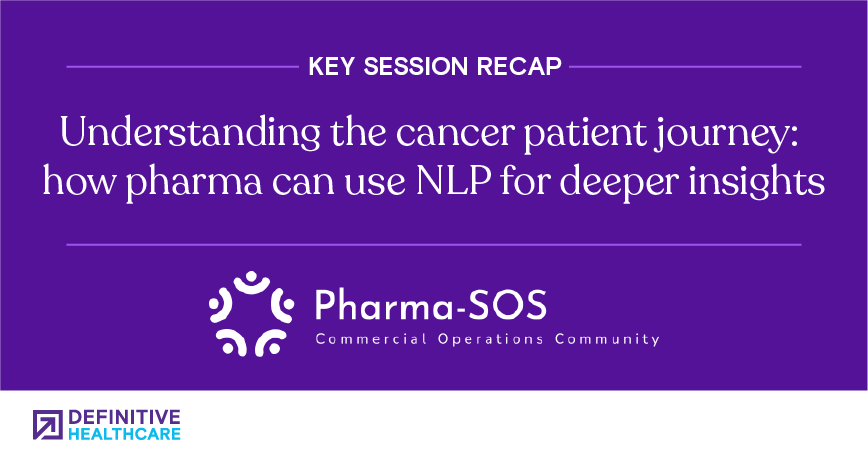Filter by Industry
Filter by Topic

Why are AI agents so popular right now?
Explore the evolution of healthcare as generative AI transitions to AI agents, enhancing patient care and streamlining operations for a smarter future…

Could deep research change the healthcare industry?
Discover how Deep Research is impacting the healthcare industry. Explore innovative AI-based solutions and insights that are shaping the future of…

Webinar recap: Revenue growth & patient impact
Discover strategies for revenue growth and patient impact. Explore how expanding services and market opportunities can transform your healthcare…

Top 10 largest health systems in the U.S.
Discover the largest health systems in the U.S. by number of affiliated hospitals, bed count, and net patient revenue. Boost your sales and marketing…

Leveraging advanced natural language processing to enhance insights into the cancer patient journey
Explore innovative NLP solutions that enhance healthcare and pharmaceutical insights. Join us in advancing the future of medical data analysis.

States with the highest and lowest COPD readmission rates
Uncover the states with the highest and lowest COPD readmission rates. Gain valuable insights into healthcare trends to improve patient outcomes.

The 6 most common data searches by payors, underwriters, and actuaries
Discover the most common data searches utilized by payors, underwriters, and actuaries. Enhance your understanding of industry trends and data needs.

Roundtable recap: From insights to impact—The evolving rare disease landscape in 2025 and beyond
Discover key insights from the live Sanofi roundtable session on rare diseases. See what experts say about the importance of AI, data, and cross…

Top hospitals by Medicaid and Medicare payor mix
Uncover the leading hospitals with the best Medicaid and Medicare payor mix. Make informed choices for your healthcare needs with our expert insights.

Most common inpatient diagnosis-related group (DRG) codes
Wondering what the top inpatient DRG codes are? Discover the most common inpatient diagnosis-related group (DRG) codes.
